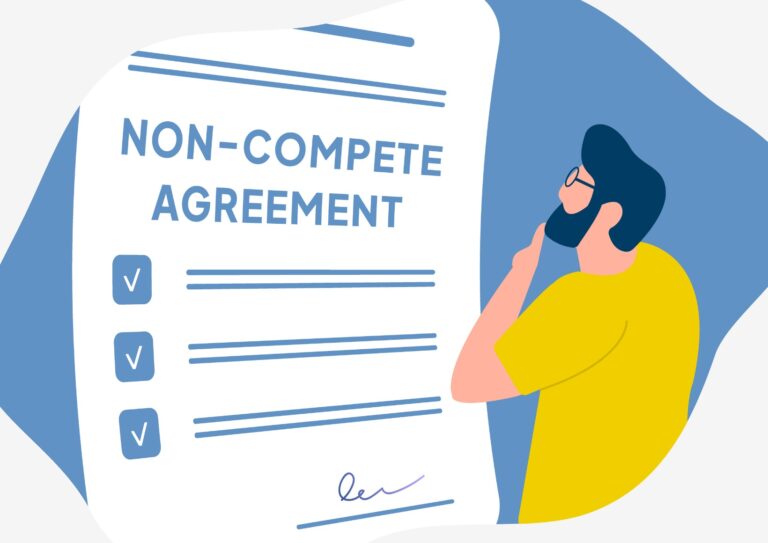The Challenge to Noncompete Laws: What You Need to Know
October 10, 2023

Recent noncompete agreements have instituted more changes than any other area of employment law, according to William Kishman of Squire Patton Boggs in an Employment Law Worldview article. There are now five states that outright ban virtually all noncompetes with very narrow exceptions — California, Colorado, Minnesota, North Dakota, and Oklahoma.
Last month, California expanded employees’ ability to obtain attorney’s fees for successful challenges, and several other states, including New York, are seriously considering similar laws. A number of states have joined the list of jurisdictions that prohibit or limit noncompetes, while others have created new restrictions.
In January, the FTC proposed a rule that would ban most noncompetes on the basis that they constitute “unfair methods of competition.” Nine months later no rule has been issued nor has there been any signal as to when that might happen. Once the FTC issues its final rule, private parties, including the U.S. Chamber of Commerce, will be challenging it in court. In all probability, the U.S. Supreme Court will decide those challenges under the “major questions” doctrine.
Antitrust law is also creating new risks for employers who want to use noncompetes. Antitrust claims initially focused primarily on “no-poach” agreements but, recently, more antitrust claims have targeted traditional noncompetes between employers and employees.
Other federal agencies are bringing antitrust claims against noncompetes. Last month, the FTC announced a new cooperative agreement with the U.S. Department of Labor through which these agencies will share additional information to help police noncompetes.
The National Labor Relations Board (NLRB) has announced that, in most instances, noncompetes and non-solicitation agreements unlawfully interfere with employees’ protected rights under the National Labor Relations Act (NLRA). The focus of the NLRA will be on noncompetes for “low-wage or middle-wage workers,” particularly those who lack access to their employer’s trade secrets.
Critical intelligence for general counsel
Stay on top of the latest news, solutions and best practices by reading Daily Updates from Today's General Counsel.
Daily Updates
Sign up for our free daily newsletter for the latest news and business legal developments.


